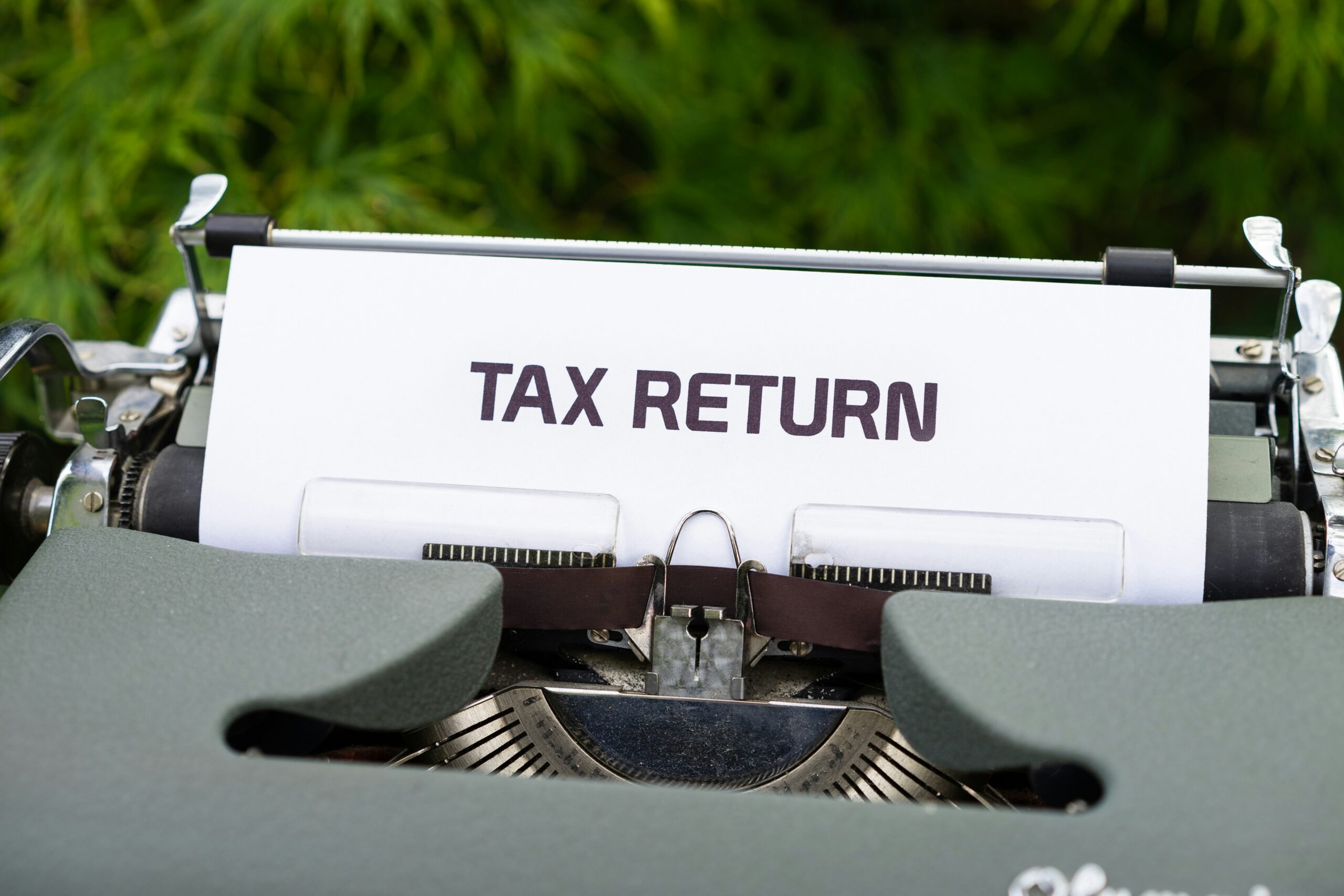VAT, or Value-Added Tax, is a tax levied on the majority of UK products and services. You must register for a VAT number if you intend to sell products or services that are subject to VAT and are either beginning a business or currently operating one.

Every business operating in the UK has to pay taxes. Different types of taxes apply to the different activities companies engage in. Value Added Tax (VAT) is charged on taxable goods brought, sold, or kept within the territory of the United Kingdom. It also applies to services provided to residents by either a domestic or foreign provider. As with other taxes, to be subject to VAT, a business entity must be registered with the appropriate tax authorities during or after incorporation. VAT does not apply to all business activities, thus, one has to know the VAT-taxable activities in the country as well as tax-exempted goods and services. A VAT number allows business entities such as a company to engage in VAT activities. It is usually issued after registering with the tax authorities.
If you are interested in learning about VAT numbers or you are thinking of doing any VAT-related business in this country, this article provides basic information on VAT and VAT number registration in the UK.
VAT registration thresholds
Registration threshold does not apply to any foreign entity doing business here and is VAT/GST/Tax registered in its place of residence. For companies that are non-established and supply taxable goods or provide taxable services to UK-based customers, they have to register for VAT regardless of turnover.
Format of a UK VAT number
A VAT number is a unique combination of digits and letters allocated to companies that have registered for VAT. Every country in the EU has its fixed format for VAT numbers. In the UK, the number is formed by combining the prefix GB followed by 9 digits.
VAT number registration
Foreign companies must complete Form VAT 1 for all supplies of taxable goods and/or services made to the kingdom. As well as, Form VAT1A for any distance selling into the territory. Further supporting documents required will be requested by HMRC. Foreign entities non-established in the country must submit their application to HMRC Non-Established Taxable Persons Unit (NETPU). For non-established entities who have hired agents to handle the registration for them, they can register online or at any nearby VAT Registration Unit. After the registration for VAT is granted, which usually takes four to six weeks, the VAT number is issued to an applicant.
Note that after a business receives its VAT number, it can start trading and charging VAT. All registered companies have to abide by UK VAT compliance rules and file regular returns.
Registration procedure
To register for a VAT number in the UK, you will need to meet the following criteria:
- Your company is situated in Great Britain.
- Your company is VAT-registered or will be within the next 30 days.
- Your company’s annual taxable revenue exceeds £85,000.
If you satisfy these requirements, you may register for a VAT number by submitting an online application form. The application form is available at https://www.gov.uk/vat-registration. You must submit information about your firm, including its name, contact information, and the sort of products or services it sells.
Once the form has been completed, it must be submitted online. Following about two weeks of processing, you will obtain your VAT number. Note that you must begin charging VAT on your products or services as of the day you filed for a VAT number.
If your firm does not match the VAT registration requirements, you may still be allowed to apply for a VAT number if you anticipate your taxable revenue to reach £85,000 during the following 30 days. In this situation, you must contact HMRC to explore your alternatives.
Failure to register for a VAT number when necessary might result in fines and penalties. Avoid potential complications by registering for a VAT number as soon as you are eligible.
You may also find these articles helpful
Guide on company registration in the United Kingdom
Breakdown of United Kingdom company registration fees and expenses
Limited Liability Partnership registration guide in the United Kingdom




